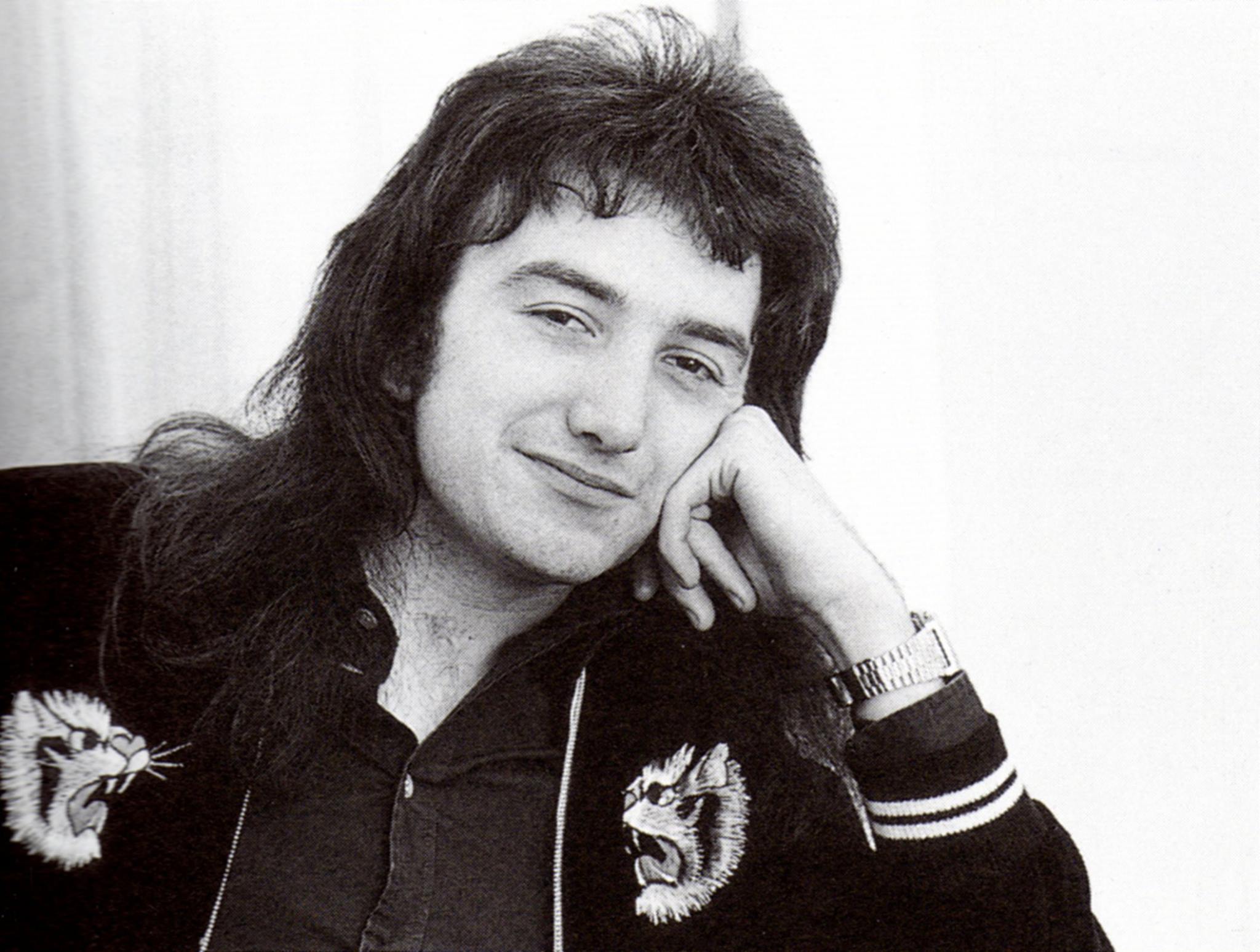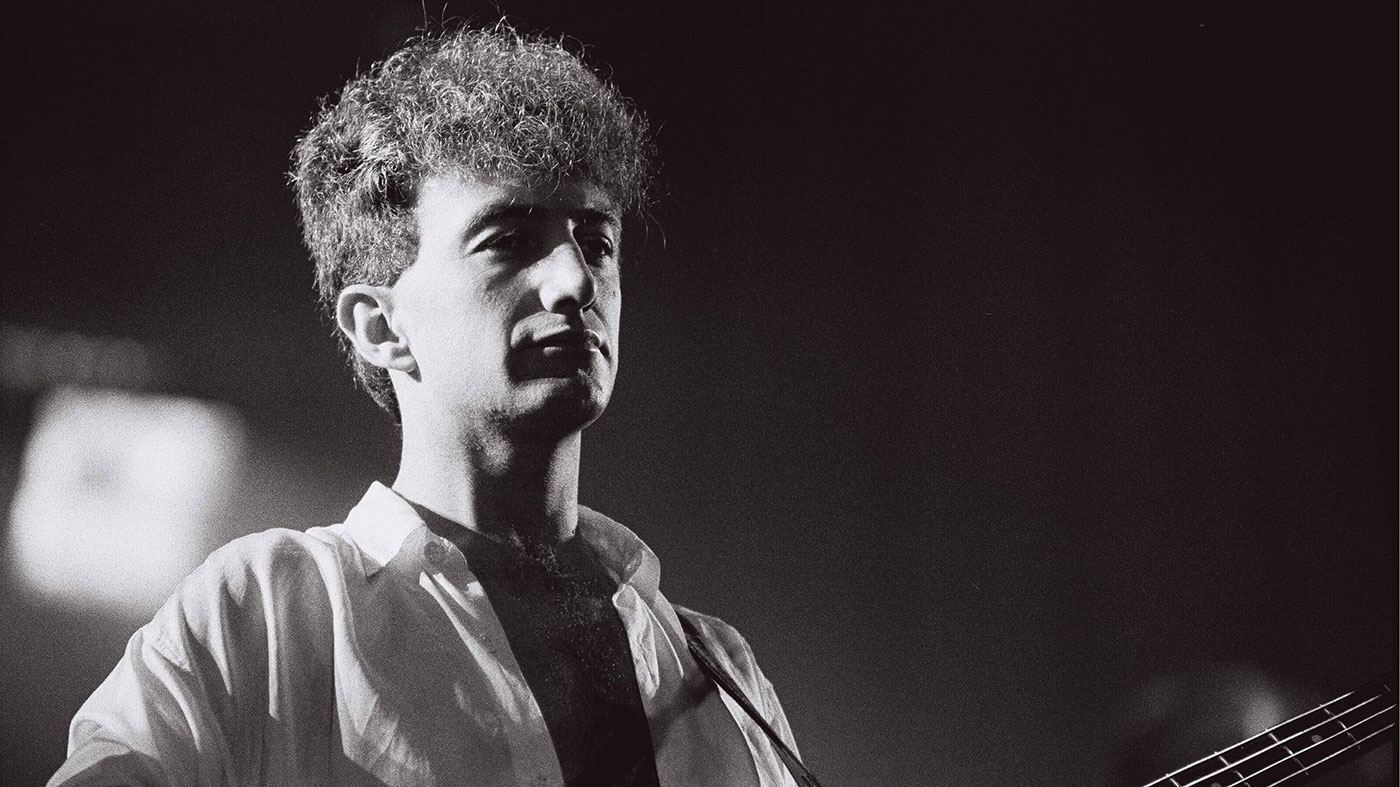(1951-)
Who Is John Deacon?
John Deacon, renowned as the bassist of the globally acclaimed band Queen, authored significant hits such as “You’re My Best Friend,” “I Want to Break Free,” and “Another One Bites the Dust,” achieving widespread international success. Engaging in various side projects throughout the 1980s, Deacon ultimately stepped back from the industry following the passing of Queen’s lead singer, Freddie Mercury.
Early Life
John Richard Deacon, born on August 19, 1951, in Leicester, England, discovered a love for electronics during his childhood, alongside a musical inclination heavily influenced by the Beatles. At the age of 14, he began playing guitar with the band the Opposition, later transitioning to bass, leading to the transformation of the band into The New Opposition.
During the late 1960s, Deacon pursued electronics studies at the University of London, Chelsea College, while maintaining a commitment to his musical interests. In the autumn of 1970, he attended a performance by the band Queen but found himself unaffected by the experience.
Joining Queen
Several months later, Deacon encountered the guitarist Brian May and drummer Roger Taylor of the band. Following the meeting, he received an invitation to try out for the bassist position. Successfully securing the gig, Deacon joined forces with the virtuosic singer Mercury, solidifying the Queen lineup that would endure for two decades.
The band went on to achieve global acclaim, emerging as one of the most prominent musical acts. Renowned for their groundbreaking musical amalgamations and extravagant, theatrical performances, Queen produced over a dozen albums, including notable ones such as “Sheer Heart Attack” (1974) and “Jazz” (1978). Their repertoire included chart-toppers like “Bohemian Rhapsody,” “We Will Rock You,” “We Are The Champions,” and “Crazy Little Thing Called Love.” Deacon, characterized as the quietest and most introverted member of the band, played a significant role in shaping their iconic sound.
Writes 'Another One Bites the Dust'
All four members of Queen were songwriters who contributed to the group’s repertoire. John Deacon achieved success with his composition “You’re My Best Friend,” a cheerful and affectionate track featured on the influential album A Night at the Opera.
Diverging into R&B and soul influences, Deacon showcased his musical versatility with the funk/disco hit “Another One Bites the Dust” from The Game. This chart-topping single, recommended by Michael Jackson for release, secured the No. 1 spot on the Billboard Hot 100 and reached No. 2 on the R&B chart. It earned him an American Music Award and is celebrated as a timeless pop music classic.
In 1984, Deacon once again made waves with the defiant single “I Want to Break Free” from the album The Works. Accompanied by a playful video featuring the band in various forms of domestic drag, the track became another hit in Deacon’s impressive musical catalog.
Side Projects
In the mid-1980s, John Deacon expanded his musical horizons by collaborating with various bands. He lent his talents to the single “Picking Up Sound” by Man Friday & Jive Junior and contributed to The Immortals’ release, “No Turning Back.” Deacon’s versatility was further demonstrated as he collaborated with Elton John and became involved in the soundtrack for the 1988 film Biggles: Adventures in Time.
Retirement
Mercury succumbed to AIDS in 1991, and the surviving members of Queen organized a memorial and fundraising concert at Wembley Stadium the following year, featuring various guest artists. John Deacon, the bassist, contributed to incomplete tracks recorded by Mercury, which comprised the 1995 posthumous album “Made in Heaven.” In 1997, Deacon joined his bandmates and Elton John for a rendition of “The Show Must Go On” at the premiere of Maurice Béjart’s “Ballet for Life.”
Choosing to step away from the public eye, Deacon decided to retire, while Brian May and Roger Taylor continued to perform as Queen and explore new musical endeavors. John Deacon has since resided near London with his wife and children.




